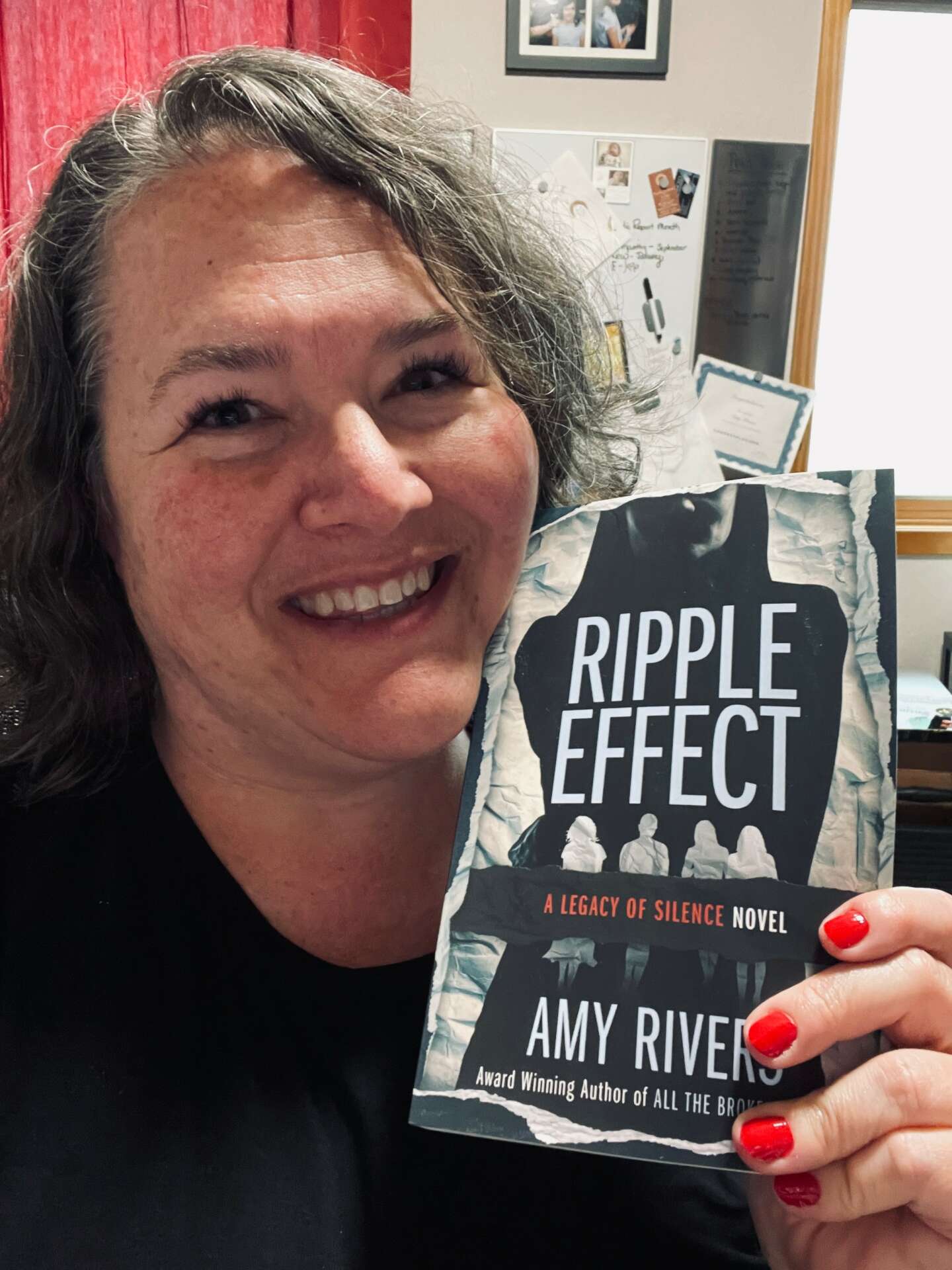Alright – so today we’ve got the honor of introducing you to Amy Rivers. We think you’ll enjoy our conversation, we’ve shared it below.
Amy, thanks for taking the time to share your stories with us today Has Covid resulted in any major changes to your business model?
Running a writing organization during a global pandemic was an experience that we never could have prepared for, and not only did it require a shift in the way we thought about providing services and education to writers, it also forced us to reconsider what it meant to be a writing organization. In the first year, we all scrambled and then before we knew it, the Internet was inundated with amazing content from successful authors and publishing industry professionals. Many writing conferences that had been cancelled in the first part of lockdown launched new online conference models to fill the gap in an uncertain timeline.
We all rallied.
As things began to open up, writers asked for more in-person events, and many organizations complied. Zoom fatigue and a general need to be with people–not a trait that is commonly attributed to introverted writers–turned the tides toward more in-person conferences and a return to “normal.” Despite the clamor, registrations remained low and many writers remained cautious, choosing online options more frequently than in-person. Though some organizations may have recovered more quickly, many groups including Writing Heights and many of our sister organizations, continued to struggle.
Large national and international conferences with strong corporate backing began to rebound, but regional events, which often cater to aspiring and newly published authors, have had a harder go of it. We watched as many of our sister organizations returned to an in-person only model, but the pandemic opened our eyes to two glaring facts. First, we really had no idea when or if we’d reach “normal” and what that new normal might look like, and 2) being online allowed us to reach people who’d been unable to participate in organization events in the past due to financial, medical, or geographical hardship.
In moving forward, we didn’t want to leave those people behind, and it didn’t take long before we decided that a hybrid model was not just a short-term strategy for us. Instead, we reorganized everything we do around the idea of full participation both in-person and online.
Sometimes it feels like we’re in a constant state of flux, but as we continue to work toward the goal of growth in this new post-pandemic world, we’re very excited to serve our members in a way that is flexible, affordable, and inclusive.
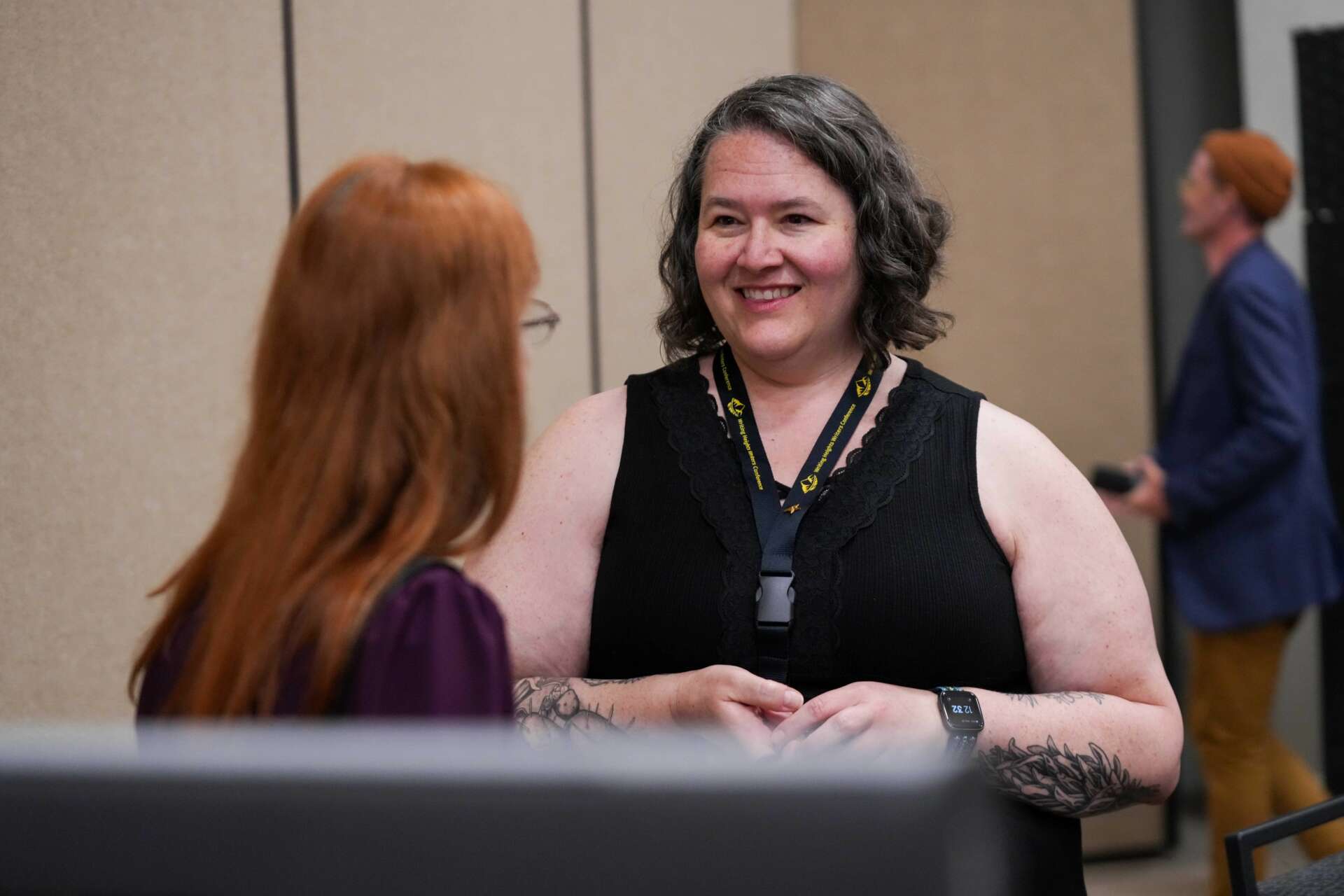
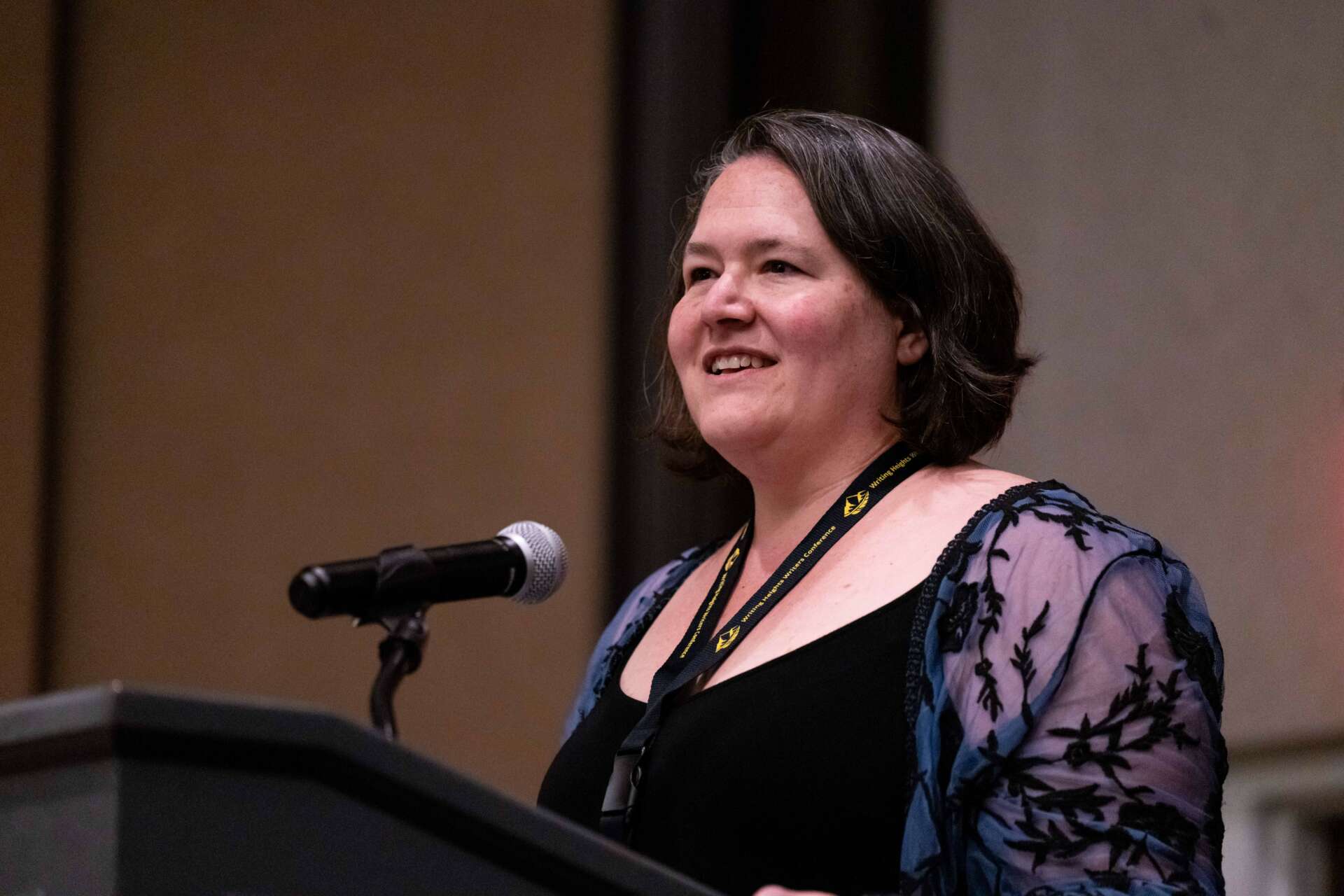
Great, appreciate you sharing that with us. Before we ask you to share more of your insights, can you take a moment to introduce yourself and how you got to where you are today to our readers.
As an aspiring author, Writing Heights (formerly Northern Colorado Writers) was the first writing organization I encountered after moving to Colorado and I was immediately taken with the friendly and supportive nature of the group. I not only found out I was being published for the first time at the annual conference, but I also met some of my dearest friends and closest writing partners at the event. Even as I became more immersed in the writing and publishing world, I always felt that this organization was at the heart of my writing life.
When the opportunity arose to become the director, I leapt at the chance, not wanting to see the organization that I loved change. Little did I know that within a year, I would be leading the group through an unprecedented global pandemic. Everything I thought I knew about the organization got flipped on its head or thrown out the door in response to the changing world, and though it hasn’t been easy, we’ve managed to maintain the spirit and all the things I’ve always loved about the organization.
Let me share a little bit about our organization. We’ve been around since 2007 and have an office in Loveland, Colorado. Our regional focus is in the Northern Colorado area but we have members in all the surrounding states and, since adopting a hybrid-model, in places like Las Vegas and Chicago. We are a professional writers association offering education, promotion, and networking opportunities for our members. We offer four membership tiers to provide different levels of service to professional members, and we also run a growing youth program for writers ages 12-17.
In 2021, we invested in dynamic videoconferencing hardware that helps us provide an interactive environment for writers in-person and online. It’s great because instructors can see and engage with people both in the room and at home equally, giving participants flexibility in how they take advantage of the resources we provide. It also allows us to invite speakers and instructors from around the globe without the financial overhead of travel expenses.
Starting in 2024, we’ll be offering two writing retreats and a re-imagined conference that will be centered around the business and professional aspects of being a writer. Members will also continue to enjoy a monthly newsletter with curated markets for submission, as well as classes and workshops all year long. We’ll announce our next anthology theme in the spring, and release our first youth anthology in the summer. It’s going to be an exciting year!
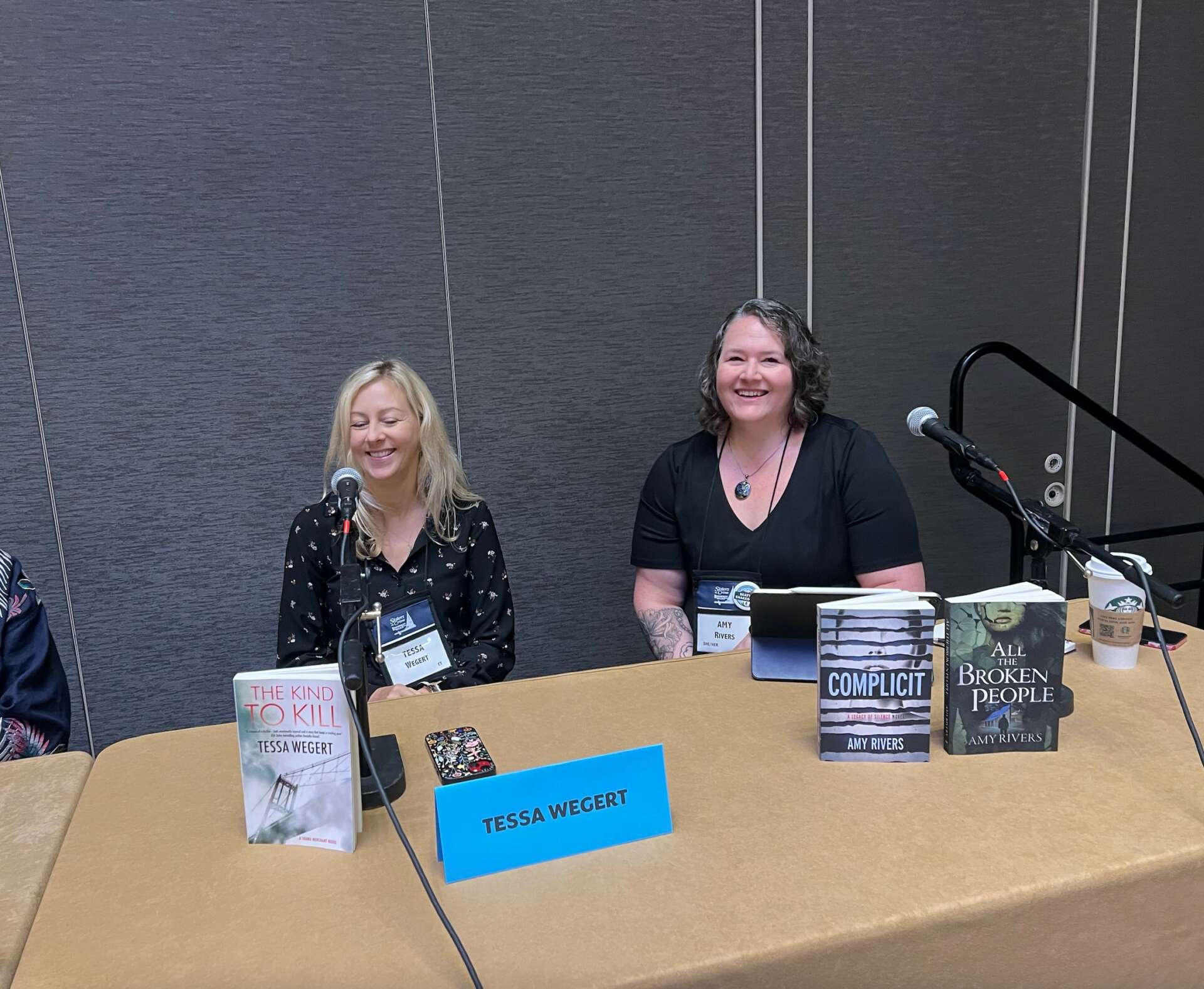
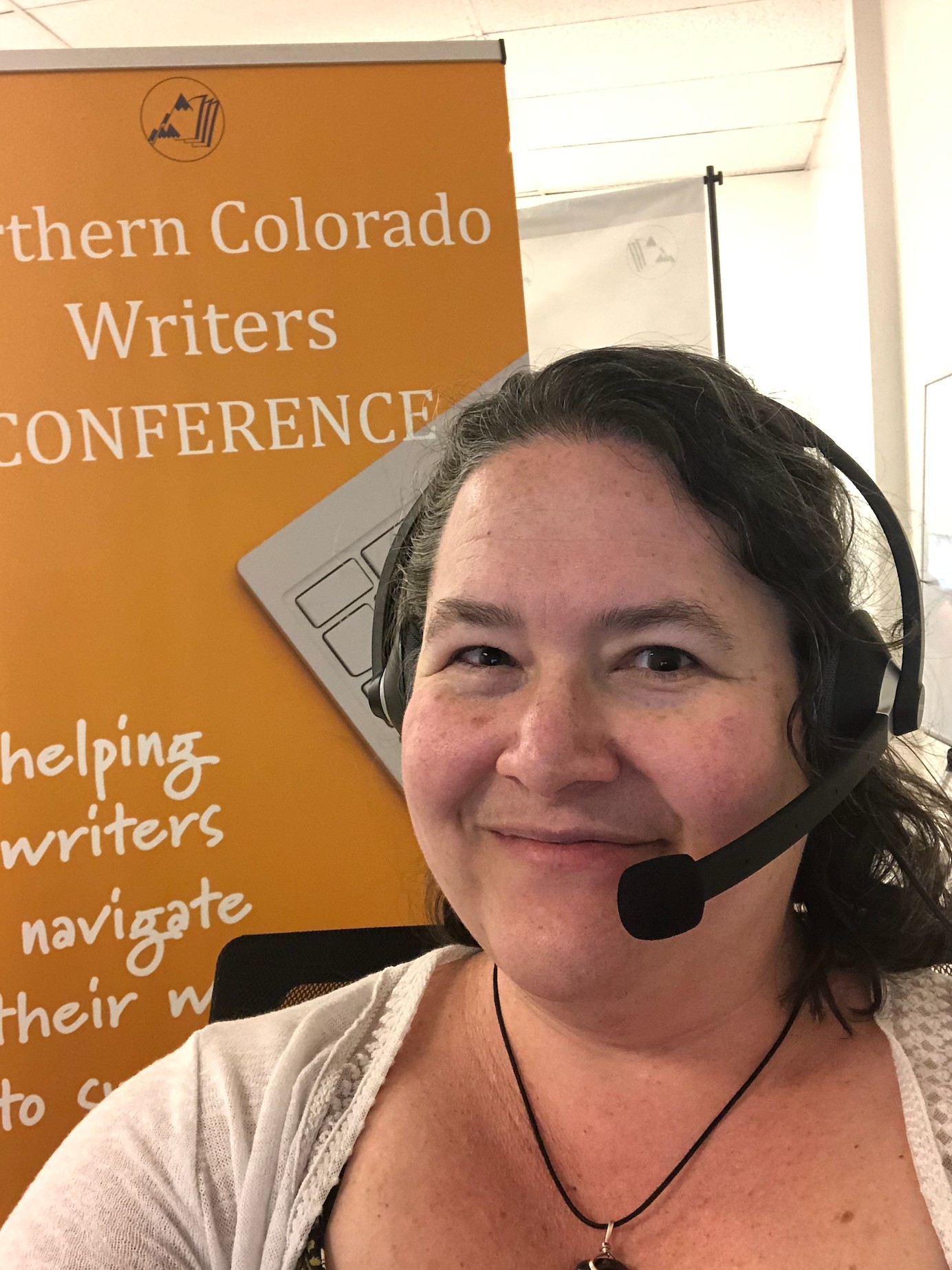
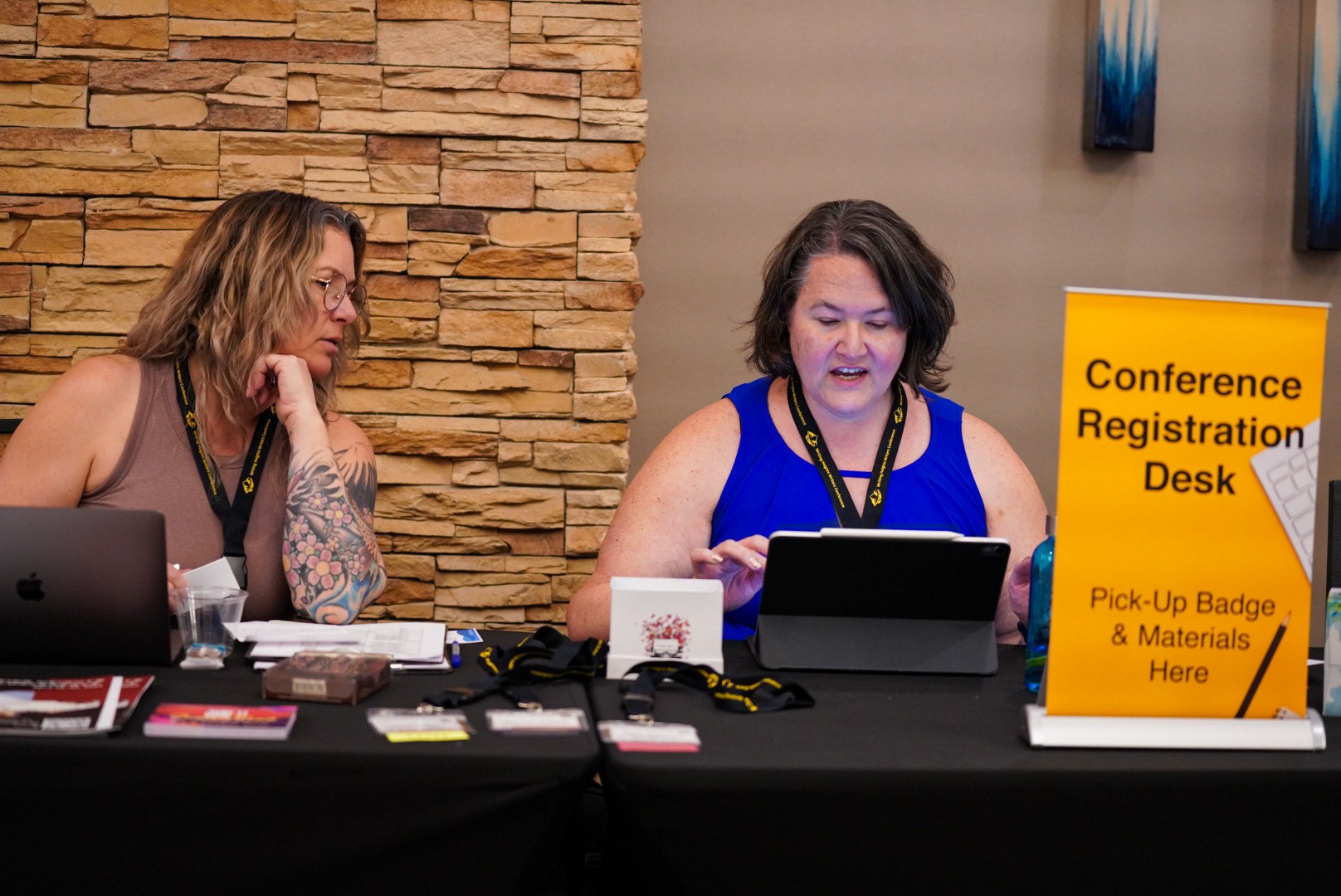
How do you keep your team’s morale high?
Like most organizations, the success of Writing Heights relies heavily on the loyalty and support of our leadership team and our members. As the director, I feel very strongly about making sure the people I work with feel seen and heard. And I don’t think it really matters whether you’ve in a corporate environment or running a volunteer-based non-profit, I believe that people work harder and are happier when they’re treated with compassion and humanity.
I think I picked up this management style from my father. We owned a small office supply business for my whole childhood and I worked there after school and during the summers during high school. Just like at home, my dad could be serious and stern when he needed to be, but he was never mean. He’s lighthearted, jovial, and kind. I watched him get to know his employees and their families. He genuinely cared about them, and he never asked them to do anything he wouldn’t do himself. Those are qualities that I’ve always admired about him and have sought to weave into my own management style.
In short, we are presented with plenty of opportunities in life to focus on the bottom line, but managing with empathy has always taken precedence for me.
Is there something you think non-creatives will struggle to understand about your journey as a creative? Maybe you can provide some insight – you never know who might benefit from the enlightenment.
Creative work is not like other work. It’s generally not a nine-to-five job for which you receive a steady paycheck. It’s not the kind of work that you leave behind when you go home. In fact, often you’re working from home and trying to maintain a balance between work and life can be a real struggle. So it can be really painful when a creative’s work is treated as a hobby, especially by their loved ones. That’s something that we’ve all faced at one time or another.
With very few exceptions, writing is a long game. Most authors, even the huge household names, will tell you that it took a long time to find commercial success. Many authors can’t quit their day job, but get up early every morning or work into the wee hours of the night to get their books written. Whether we ever “make it” in a traditional sense, the love and labor that goes into every book is real, and I hope someone who reads this will given their author friends and family words of encouragement because we need it. And we appreciate it.
Contact Info:
- Website: http://www.amyrivers.com
- Instagram: https://www.instagram.com/amy.rivers38
- Facebook: https://www.facebook.com/amyrivers.writer
- Linkedin: https://www.linkedin.com/in/amyrivers/
- Twitter: https://twitter.com/WritingRivers


